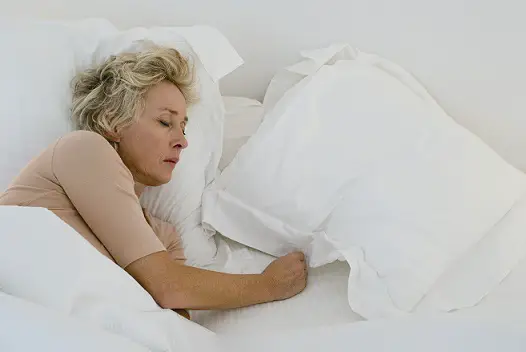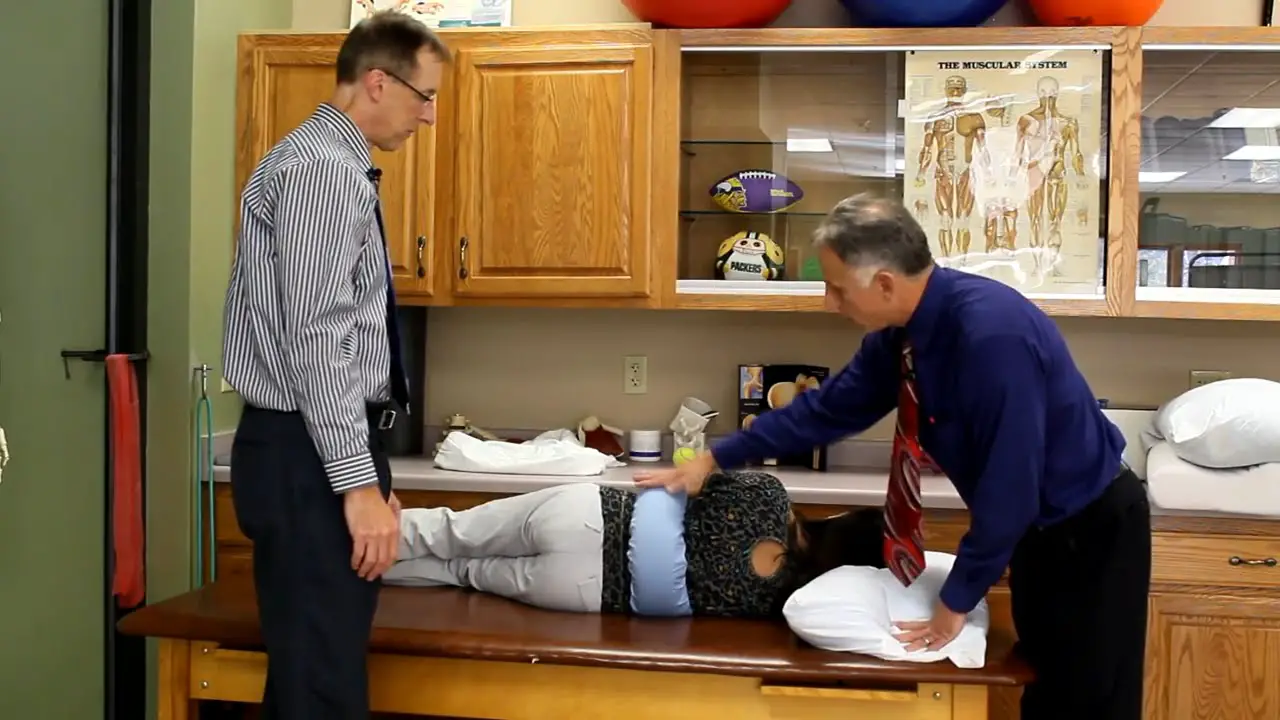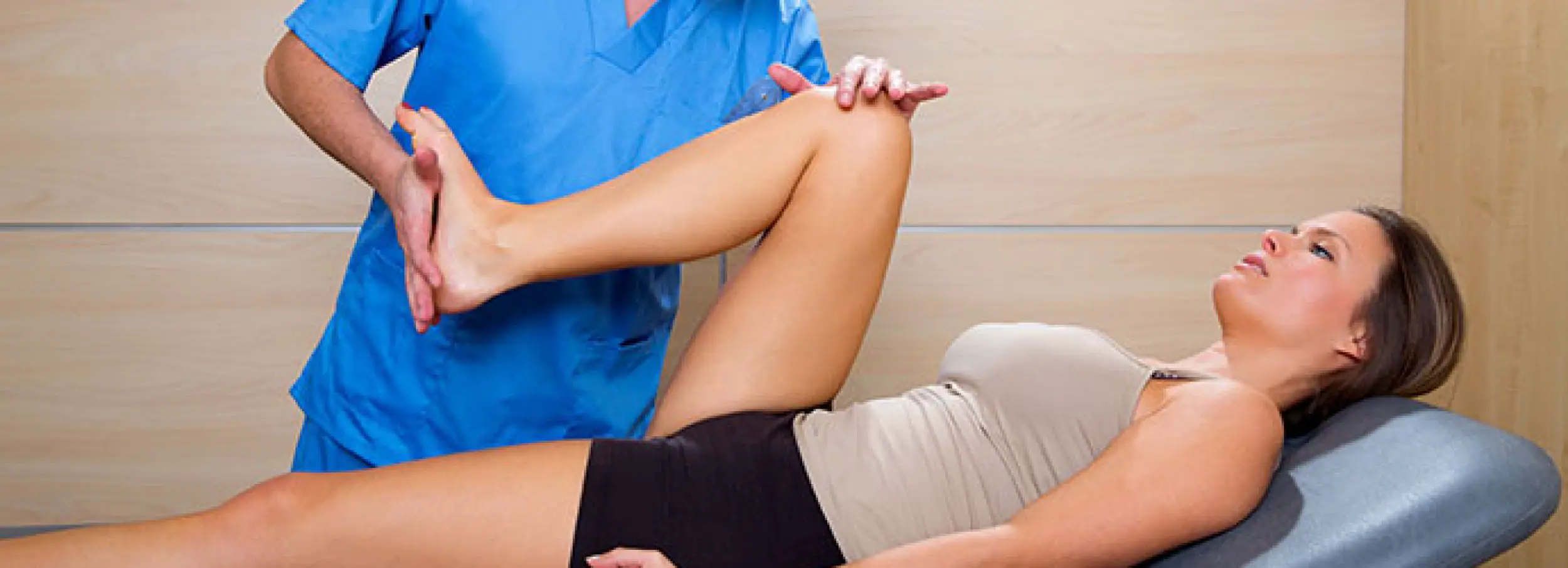Even when you’re exhausted, trying to sleep with enduring hip pain and other types of physical pain can be nearly impossible. If you are in a hurry, head on over to Amazon to get the best Hip Pain relief In some cases, your sleep might be interrupted by an acute throbbing hip pain that does not appear to let-up regardless of your position in the bed.

There are many causes of hip pain, especially joint conditions that might be temporary, as in bursitis, or chronic and degenerative, as in the case of osteoarthritis.
In pregnant women, hip pain might also be a concern in their late pregnancy, and it is usually accompanied by lower back pain. In each and every case, there’s a solution that will help you regain your sleeping habits and enjoy a full night’s rest.
What you can do if you suffer from acute hip pain at night
If you woke up with a sharp surge of hip pain, it would be complicated to go back to sleep. Simple measures such as changing your position might help, but in the majority of cases, you will require over-the-counter medications such as naproxen or ibuprofen to relieve your pain and go back to sleep.
How we as Doctors conduct evaluation of Hip Pain
with thanks www.ncbi.nlm.nih.gov
An emergency measure would be placing one pillow under your knees and another between your knees. The pillow under your knees will relieve pressure on your sciatic nerve in case your piriformis muscle is creating tension. The pillow between your knees keeps your legs a bit separated from each other and reduces the stress that is placed on the articulation of the hip.
What your doctor might recommend
Depending on your joint problems, your doctor might recommend certain measures to relieve or prevent hip pain. For instance, we can list the following medical recommendations:
- Physical therapy: It is useful to lubricate your joints, reduce muscle tension that might be pressing upon nerves, help you relax through massaging and aromatherapy, among others.
- Anti-rheumatic medications: They are fundamental to treating rheumatoid arthritis and, in some cases, you might need an adjustment in doses or a change in drugs to improve your condition.
- Steroid injections: In inflammatory conditions, your doctor might recommend steroid injections to reduce inflammation and improve pain symptoms. A single injection might improve your symptoms for a prolonged time.
- Draining fluid from the articulation: In some cases, the hip articulation becomes filled with articular fluid, and the extra pressure causes pain in the affected joint.
- Surgery: In some cases, you might also need an arthroscopic intervention or hip replacement surgery. Not every situation requires this measure, and not every patient is fitting to endure surgery.
Easy lifestyle modifications to improve hip pain while sleeping
There is a medical treatment for each of the conditions that may trigger recurrent hip pain, but there is also a series of lifestyle modification known to improve this symptom and reduce the incidence of hip pain at night.
One crucial lifestyle modification is starting stretching exercises and low-impact exercises. Yoga is an excellent way to start physical activity with stretching exercises and proper postures that strengthen your muscles and lubricate your joints. You can also try water activities such as swimming, jogging, and walking. It all depends on your levels of physical activity and your mobility issues.
Another thing you can try is changing your mattress and your pillows. For instance, you can replace your current mattress with a memory foam mattress to make sleeping more comfortable. There are special pillows you can try, and they are designed to achieve a correct sleeping posture and prevent hip pain in cases of joint problems.

There are three main types of pillows to relieve hip pain:
- Full-body pillows: These are very large pillows you can adapt to your body, and they are further divided into various types according to their shape. For example, you have the most traditional U-shaped pillows which provide a sort of nest you can rest in. J-shaped pillows are curved at one end and made to provide more space on the free side. You can hug them, place your knees on top, rest one knee on top and the other on the bottom, and straighten your back at the same time. Thus, it is an excellent option for pregnant women.
- Knee pillows: If you’re a side sleeper, a knee pillow is fundamental to align your spine and separate your legs a bit to reduce the stress placed upon the articulation of the hip. These special pillows are different from regular pillows you can put between your legs because they are shaped to match your legs, and they are made of memory foam. They are excellent for pregnant women, people who suffer from hip pain, and might even improve sciatica pain. Some of them might be a bit heavier than others, and one thing you might want to look for is a breathable and removable cover.
- Bolster pillows: These pillows typically adopt a cylinder shape, but there’s also a half-moon version that looks like a cylinder cut in half. These half-moon pillows are excellent to support your articulations, and they are typically filled with memory foam, which makes it an excellent aid for pregnant women, people with hip pain, lower back pain, sciatica, and much more. These pillows improve blood circulation and provide comfortable support to your joints and muscles to prevent nerve entrapment and reduce the symptoms in various types of joint disease.
CHECK BEST PRICE FOR HIP CUSHION ON AMAZON NOW
Using these pillows and maintaining good sleeping hygiene will help you enjoy a good night’s sleep and prevent hip pain episodes.
Stretch a bit before going to sleep, ease up the tension with a massage or a foam roller, use a special support with one of the pillows we just described, and only take over-the-counter medications if you wake up with an acute episode of hip pain.
Finally, remember how important it is to be guided by a professional, and do not neglect your condition if you suffer from any degenerative problem in your articulations and symptoms are starting to get out of control.
References:
Dieppe, P. A., & Lohmander, L. S. (2005). Pathogenesis and management of pain in osteoarthritis. The Lancet, 365(9463), 965-973.
Woolhead, G., Gooberman‐Hill, R., Dieppe, P., & Hawker, G. (2010). Night pain in hip and knee osteoarthritis: a focus group study. Arthritis care & research, 62(7), 944-949.
Joelsson, M., Olsson, L. E., & Jakobsson, E. (2010). Patients’ experience of pain and pain relief following hip replacement surgery. Journal of clinical nursing, 19(19‐20), 2832-2838.
Bursa, G. T. (2003). Diagnostic and therapeutic injection of the hip and knee. Am Fam Physician, 67(10), 2147-2152.
Plante, M., Wallace, R., & Busconi, B. D. (2011). Clinical diagnosis of hip pain. Clinics in sports medicine, 30(2), 225-238.


3 Comments